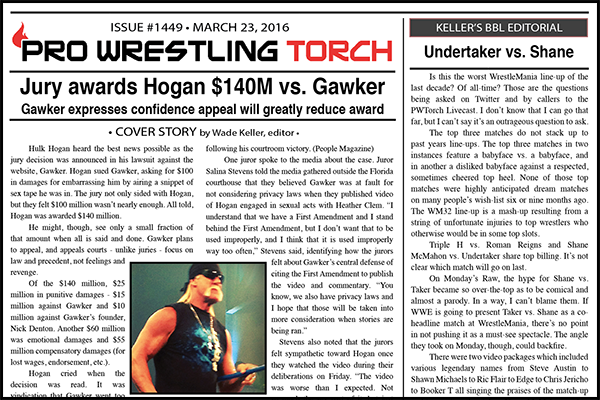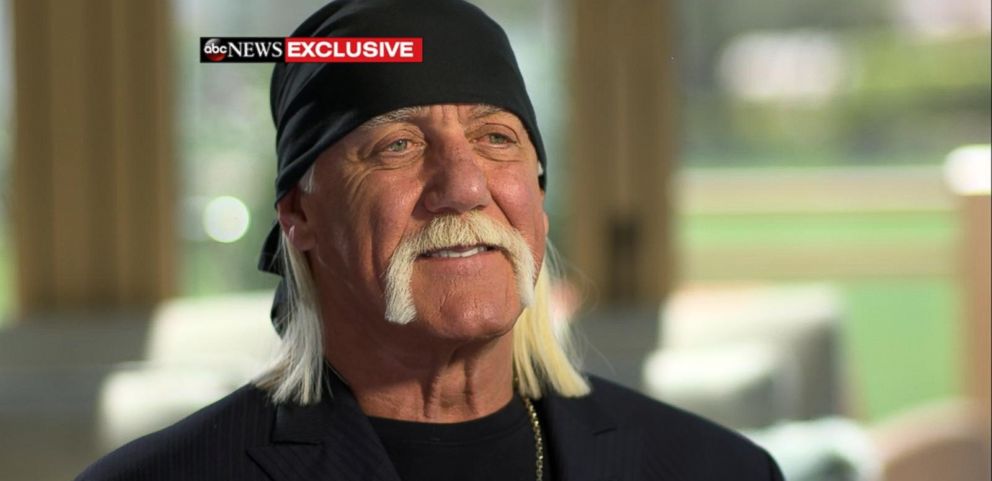

Hogan doesn’t disagree with the idea that “a matter of public concern” is protected, and instead argues that it is for a jury to initially decide whether a given publication is on “a matter of public concern:” 1994) (affirming dismissal of case arising from broadcast of sexually oriented video because “[whether a matter is of public concern is a question of law for the court”). at 458-60 (setting aside jury verdict for intentional infliction of emotional distress and intrusion upon seclusion based on conclusion that speech giving rise to claims related to matter of public concern) Cinel v. 5th DCA 1982) (same at post-trial motion stage) see also Snyder, 562 U.S. 1989) (deciding public concern issue at summary judgment stage) Cape Publ’ns, Inc. Whether a specific publication related to a matter of public concern presents a legal question, properly decided by a court, including at the post-trial motion stage. Gawker argues that, where a publication relates to “a matter of public concern” and is truthful, the First Amendment prohibits any lawsuits for damages arising from it:Īs a threshold matter, Defendants are entitled to an entry of judgment in their favor as to all claims because, as a matter of law, the publication, including the challenged video excerpts, related to a matter of public concern. What About Peter Thiel Bankrolling Hogan’s Case?.What’s Up With The Ridiculous Size Of The Verdict?.The jury obviously accepted some or all of these alleged facts. Gawker of course denies many of these facts. If you want to understand the facts that Hulk Hogan tried to prove at trial, see his Statement of Facts Established At Trial.
#GAWKER VERDICT TRIAL#
Hulk Hogan’s Combined Opposition To Motion For New Trial Or, In The Alternative, For Remittitur And To Motion For Judgment Notwithstanding The Verdict.Gawker’s Motion For A New Trial Or, In The Alternative, For Remittitur.Gawker’s Motion for Judgment Notwithstanding The Verdict.Most of this law is drawn from the actual briefs filed by Hulk Hogan and Gawker, specifically: This post is different: this will be entirely about the actual law involved. You know that, know the facts, and have probably read a hundred different opinions on it. It’s a little bit better known as Hulk Hogan v. 12-012447-CI, in the Circuit Court of Pinellas County, Florida. Phelps (2011), the odious trolls at the Westboro Baptist Church protested gay rights at the funeral for a solider killed in the line of duty, were sued by the soldier’s parents and hit with a verdict for intentional infliction of emotional distress, but then had the verdict overturned by the Supreme Court.Īll of which brings us to Terry Gene Bollea v. Village of Skokie (1977), a bunch of Nazis sad about how WWII ended were prevented from marching in a heavily Jewish community, but the Supreme Court gave them their right to march and remind us all why we bombed their predecessors to smithereens. In National Socialist Party of America v. Ohio (1968), a bunch of losers in the Ku Klux Klan were convicted of a criminal conspiracy by advocating for “revengeance,” then had their conviction overturned by the Supreme Court.
#GAWKER VERDICT FREE#
Over the past fifty years, free speech rights have blossomed, partly through austere cases involving civil rights, but mostly as the result of terrible people doing obnoxious things. The anti-federalists prevailed on this point, and the First Amendment was born. But you comfort us, by saying,–“there is no reason to suspect so popular a privilege will be neglected.” The wolf, in the fable, said as much to the sheep, when he was persuading them to trust him as their protector, and to dismiss their guardian dogs. It is an easy step from restraining the press to making it place the worst actions of government in so favorable a light, that we may groan under tyranny and oppression without knowing from whence it comes.


In 1787, “Cincinnatus,” a common nom de plume of anti-federalists, wrote to James Wilson: Updated at the bottom to add some thoughts, based on an article written by Hogan’s lawyer after the verdict.


 0 kommentar(er)
0 kommentar(er)
